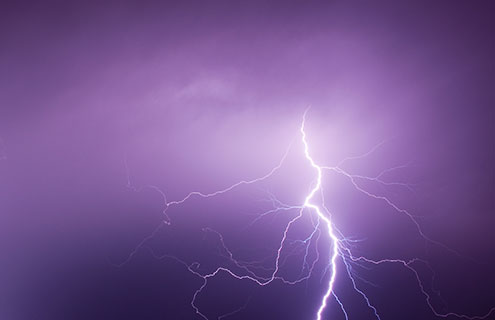Weather disasters last year caused $344 billion in global economic losses, making it the costliest year on record for weather-related events, according to Aon’s catastrophe report.
The Weather, Climate & Catastrophe Insight: 2017 Annual Report revealed that there were 330 natural catastrophe events last year, which caused economic losses to total $353 billion.
Of the total economic losses, 97 percent ($344 billion) were caused by weather-related disasters.
According to the report, 2017’s natural catastrophe losses were 93 percent higher than the 2000 to 2016 average.
Insured losses to government-sponsored programmes and the private sector reached $134 billion in 2017, among the costliest ever occured, which was a 139 percent increase on 2016’s $56 billion.
This huge increase was primarily due to high insurance penetration in the US that suffered an extremely active Atlantic hurricane season, severe weather events and wildfires.
The report also found that wildfires caused a record of $14 billion in 2017, a record for the peril.
Eric Andersen, CEO of Aon Benfield, said: “While 2017 was an expensive year for the insurance industry, the reinsurance market had an estimated $600 billion in available capital to withstand the high volume of payouts.”
“Most critically, the US weather and wildfire events in particular have demonstrated the value of reinsurance, with claims being paid in an average of eight days to augment the recovery process.”
Impact forecasting director and meteorologist, Steve Bowen, added: “It becomes more imperative than ever to identify ways to increase awareness, improve communication, and lower the insurance protection gap. We know natural disasters are going to occur. The question is how prepared are we going to be when the next one strikes.”






